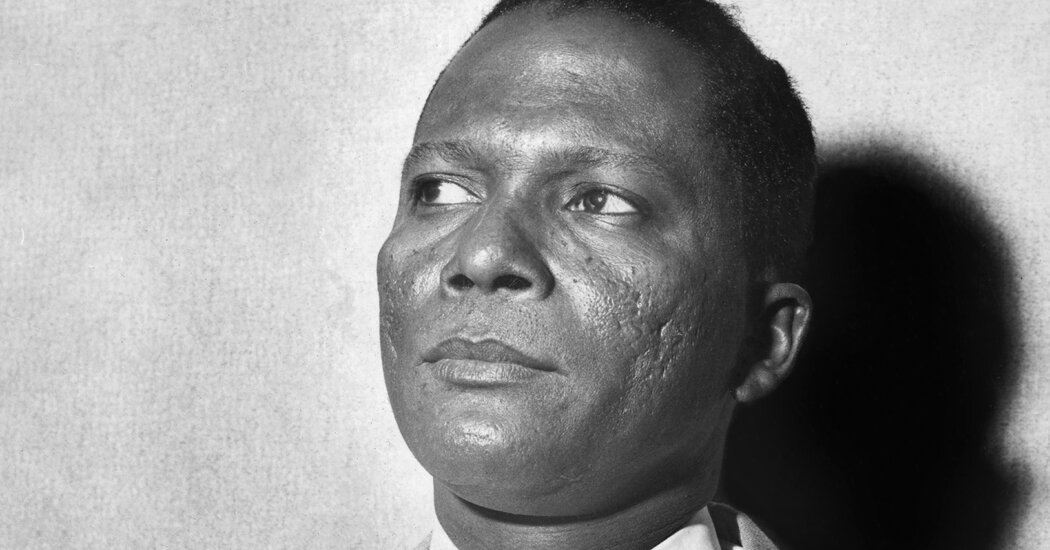“Their bodies bore the weight of empire,” Rich Benjamin, Fignolé’s grandson, writes of his family in “Talk to Me: Lessons From a Family Forged by History.” His account is a harrowing depiction of “transgenerational haunting” (a term coined by psychoanalysts in the wake of the Holocaust), the ways in which silenced or forgotten historical trauma persists in the lives of survivors and their descendants. Benjamin’s mother, Danielle — the 13-year-old girl who was raped in the Dessalines Barracks — became a high-achieving professional married to a Yale-educated economist, but despite the family’s financial security, life was anything but peaceful.
“The psychic inheritance of loss is that you know something is missing, but not what,” Benjamin writes. Though his family’s history in Haiti was rarely mentioned, he sensed the “what” at work in his aunts’ and uncles’ substance abuse, mental illness and general failure to thrive, and in his mother’s “refugee mentality,” which manifested in screaming fits and compulsive behaviors, and in the physical abuse he and his siblings suffered from both their parents.
Danielle sent her infant daughter back to Haiti, to Duvalier’s nightmare regime, to be raised by relatives. She invented a mythical triplet for Rich and his twin sister, Sara, a boy who supposedly died at birth; it was only as an adult, when he happened to see a copy of his birth certificate, that Rich discovered this lost boy was a fabrication. As teenagers, Rich and Sara were left behind in America for an extended period when Danielle joined her husband, their father, in Guinea, where she took a senior position — the irony stings — with the United Nations International Children’s Emergency Fund (UNICEF).
So when Benjamin claims that Toni Morrison’s “Beloved,” a novel with an act of filicide at its center, has been a lifelong touchstone, we are inclined to believe him. Eventually, this self-described “ugly Black gay boy” from “a good suburb” realized that to understand his mother and her “busted-up family,” he had to confront their Haitian legacy. For 12 years he dunned relatives for stories, traveled to Haiti, plumbed archives and pursued access to classified U.S. government documents. The project developed alongside Benjamin’s struggle with his propensity for “toxic antics,” a party-hard lifestyle that briefly landed him in Manhattan’s Central Booking.
